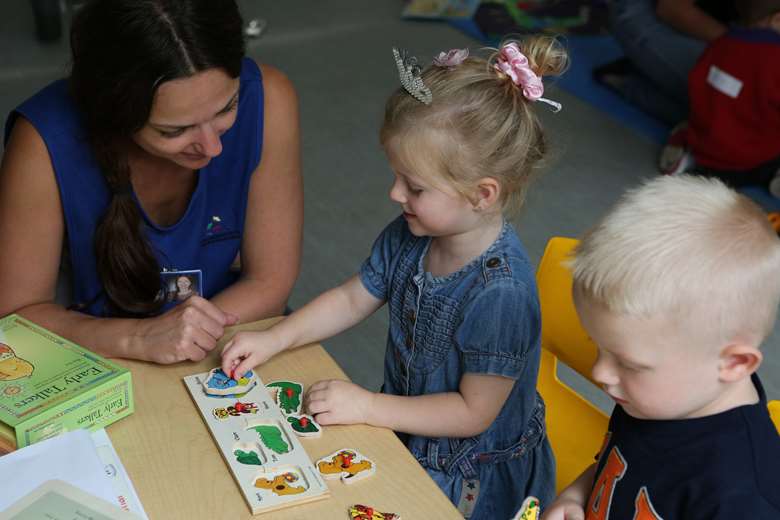'Little progress' on speech and language support in past decade
Tristan Donovan
Tuesday, March 20, 2018
Parents face much the same problems as they did 10 years ago in terms of accessing support for children with speech, language and communication needs, a study has found.

A report by I Can and the Royal College of Speech and Language Therapists found that the momentum generated by the government-commissioned 2008 review led by John Bercow MP had not been sustained.
The original Bercow report found that in 2008 some 77 per cent of parents and carers said information on children and young people's speech, language and communication needs (SLCN) was hard to obtain. The new Bercow: 10 Years On report found that slightly more (78 per cent) parents and carers feel that way now.
It also found that the postcode lottery in SLCN support was as evident today as it was in 2008 and that half of parents had to wait more than six months before their child got the help they needed.
"The postcode lottery described by families 10 years ago remains: the support you get depends on where you live or where you go to school," the new report states.
The lack of progress comes in spite of changes made in the wake of Bercow's original report including communication being made one of the three primary areas of the Early Years Foundation Stage curriculum.
The new report said that such progress has been undermined by cuts to services, the removal of speaking and listening from the National Curriculum and communication no longer being a judgment within Ofsted inspections.
"The evidence from Bercow: Ten Years On highlights that after more than a decade we continue to see fragmented services which aren't fit for purpose and unless something is done now we face losing a generation of children without the life skill of communication," said Bob Reitemeier, chief executive of the children's communications charity I Can.
The report calls on government, local authorities, schools, the NHS, the Youth Justice Board, and Ofsted to do more to support children and young with SLCN.
It said councils need to ensure that commissioners have a good understanding of SLCN and urged Ofsted to review how it inspects communication support when it next revises the school inspection framework in 2019.
The report also said the Department for Education should pay more attention to SLCN in its social mobility strategy and called on the Youth Justice Board to ensure those working in youth justice are trained in how to spot and respond to young offenders who have communication difficulties.
"Throughout this review, we've heard of the relentless and often emotionally-exhausting struggle parents and carers face in getting their children's SLCN supported," said Kamini Gadhok, chief executive of the Royal College of Speech and Language Therapists.
"They shouldn't have to fight. The government needs to focus and prioritise children's language and commit to implementing the recommendations in our report."
An estimated 1.4m children and young people in the UK have SLCN and such needs are more common in disadvantaged areas. Young people with SLCN are significantly less likely to do well at school with only 20 per cent getting good GCSE grades in maths and English compared with 64 per cent of all pupils.
An estimated 60 per cent of young offenders have low language skills.
In his introduction to the revisit report Bercow, who became the speaker of the House of Commons in 2009, said: "It is my hope that this report will act as a call to action to all those involved in supporting children and young people, to come together and do what is needed to make a difference to the lives of those for whom communication is more difficult."
The Bercow: Ten Years On report was based on the contributions of more than 2,500 parents, carers, children, commissioners and practitioners.




